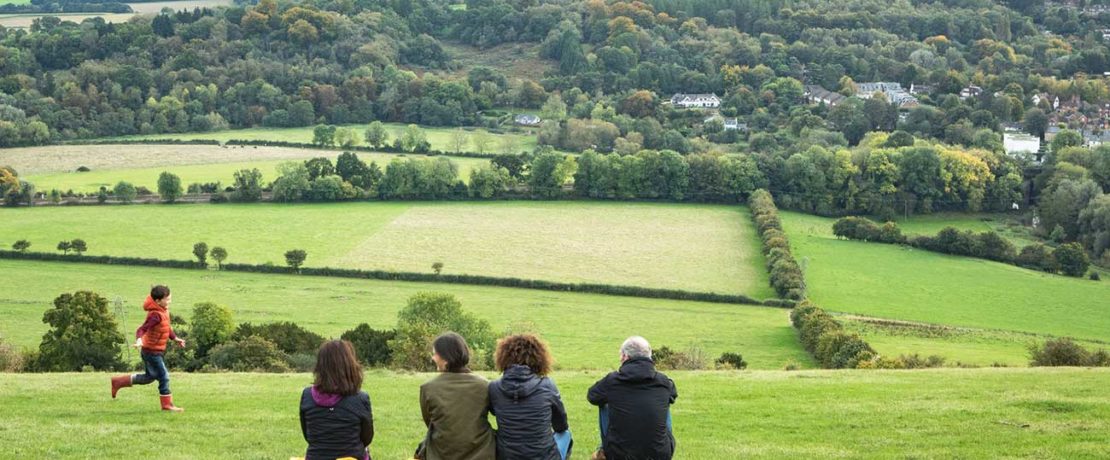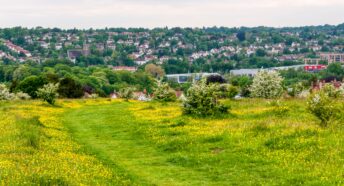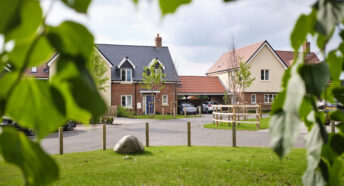Why ‘land use’ should be a priority for the new government
How we use land in the future and how to use it well may become the defining questions of the next decade.
This may seem far-fetched – at a moment when we are faced by challenges such as war in Europe, a cost of living crisis, rising national debt, fears around the nation’s physical and mental health and a worsening climate emergency. In this context, what justifies pushing land use to the top of our list of priorities and what then should the next government do?
Land and its many critical functions is one of if not the most vital resource we have. Yet the limits to the demands we can place on it are quickly becoming much more obvious. Soils are perilously degraded, rivers polluted, nature fragmented and wildlife is in general decline. The UK is one of the most nature depleted countries on the planet, according to researchers at the Natural History Museum. In our complex and long industrialised economy, we seem to have now largely forgotten how intimately we rely on healthy land and the natural services it provides for our very survival.
A changing climate is making nature and the natural systems we rely on look ever more fragile as they are stress tested by drought, storm, fire and flood. This complex picture is more challenging still when we recognise that the answers to so many of these issues require more land: to help nature recover, to lock up carbon, to farm it in sustainable ways to secure food production for the long term, to replenish our water supplies and better manage the water we get as rain. Add to all that, the housing crisis and the urgent need to build more homes on land where people want to live, in inclusive, sustainable communities.
The evidence tells us that we need to plan land use in ways we’ve never had to before. Future demands on land include delivering some of the things we are used to doing now but in different ways that potentially take up more land – that is without fossil fuels. Such as generating green electricity, fertilising crops or making material for packaging and construction from things we can grow.
We need to see a long term, holistic approach
It is clear to CPRE that current policy is failing to match up to the enormity of this land challenge. The present government did promise a ‘land use framework’ that could have started to join up thinking about the issue in and across Whitehall, Westminster and beyond but that has been felled by the general election. We now need the next government to commit to developing a long term strategic vision for land use across England to identify how we can use land more wisely to address the gamut of needs we have of land.
It should draw widely on the evidence we have of current pressures on land but crucially also of the threats and potential challenges that may radically alter which land is available for what and where. Not least it must bring together the full range of policy and financial levers government has available as well as the right technologies to encourage and incentivise much more intelligent use of this vital resource.
Any new vision and strategy for how we use our land must include two other key elements to be credible. Identify how the land we have can better provide multiple services – so not just food but helping to restore nature and also storing carbon; a platform for a home but also to capture rainwater or generate rooftop electricity. And ensure meaningful engagement of local people, authorities and businesses in decisions about land use so all those can plan positively together to reach a consensus about how the land that is most familiar to them can best serve their local but also broader national needs for the critical decade (and decades) to come.










